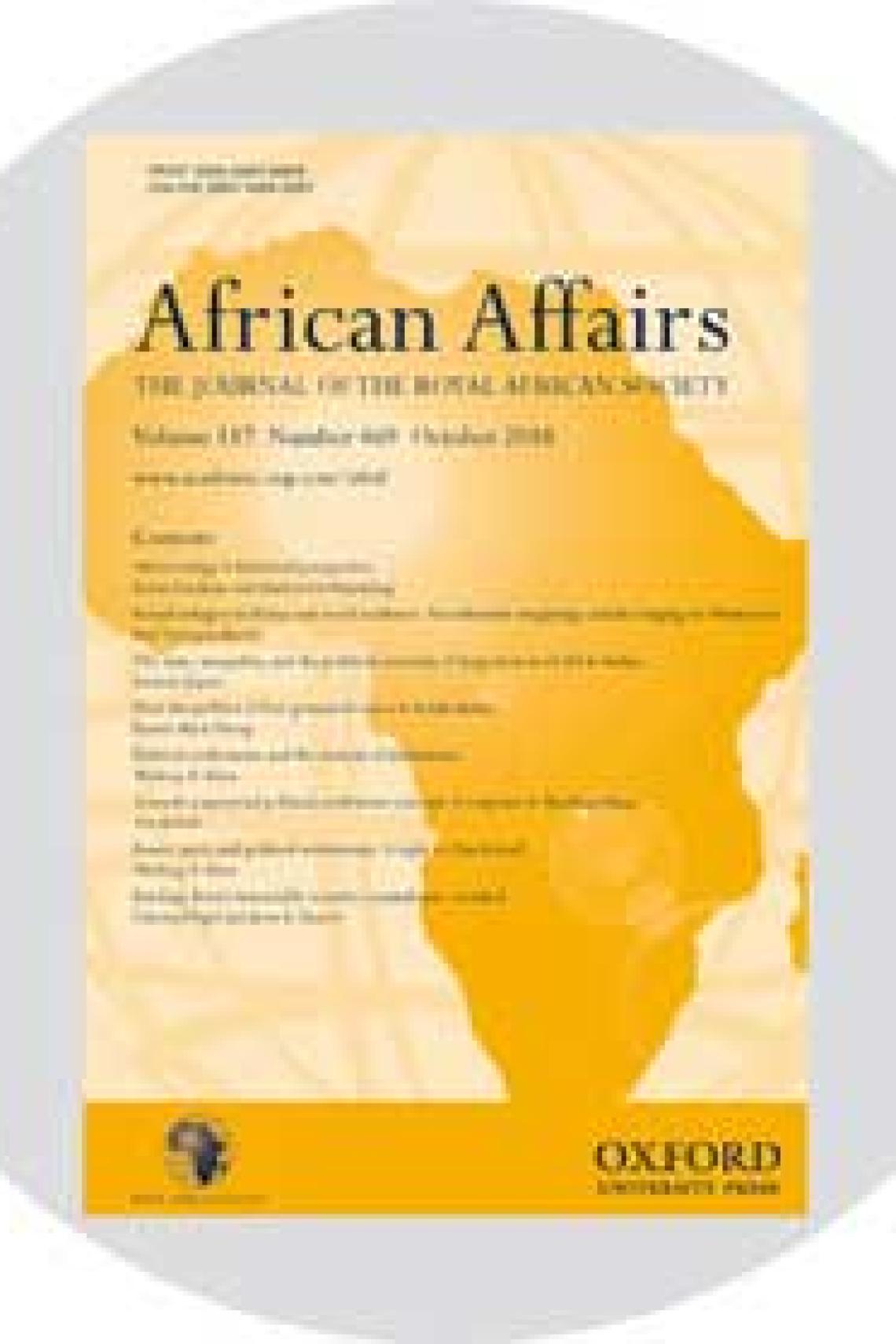New article by Simukai Chigudu explores state-society relations and Zimbabwe's 2008/9 cholera outbreak
A new article by Associate Professor Simukai Chigudu uses the cholera outbreak of 2008/09 in Zimbabwe as a prism through which to analyse state-society relations and to theorise citizenship, political subjectivity and social memory in the aftermath of disaster.
The cholera outbreak resulted in an unprecedented 100,000 cases and nearly 5,000 deaths. In the aftermath of the epidemic, questions of suffering and death and of rescue, relief, and rehabilitation have persisted in on-going processes of meaning-making through which people come to terms with the epidemic as a ‘man-made’ disaster.
Based on extensive fieldwork, Professor Chigudu examine the views of residents in Harare’s high-density townships that were epicentres of the disease. He argues that cholera was experienced by township residents as many crises at the same time. It was not only a public health crisis but also a political–economic crisis, a social crisis as well as a crisis of expectations, history and social identity.
As such, he argues that the cholera outbreak was intensely generative of political subjectivities that reveal important shifts in the fraught relations between state and society in Zimbabwe’s urban politics.
Finally, he argues that the government’s perceived causal role in, and failure to respond to, the cholera outbreak occasioned intense public outrage among township residents, which speaks to a much deeper aspiration for substantive citizenship based on political rights, social recognition, and access to high-quality public services delivered by a robust, responsible state.
Simukai Chigudu (2019) 'The politics of cholera, crisis and citizenship in urban Zimbabwe: "People were dying like flies"', African Affairs, DOI: 10.1093/afraf/ady068

